Home>Technology>Security & Surveillance>How Does A Portable Door Lock Work
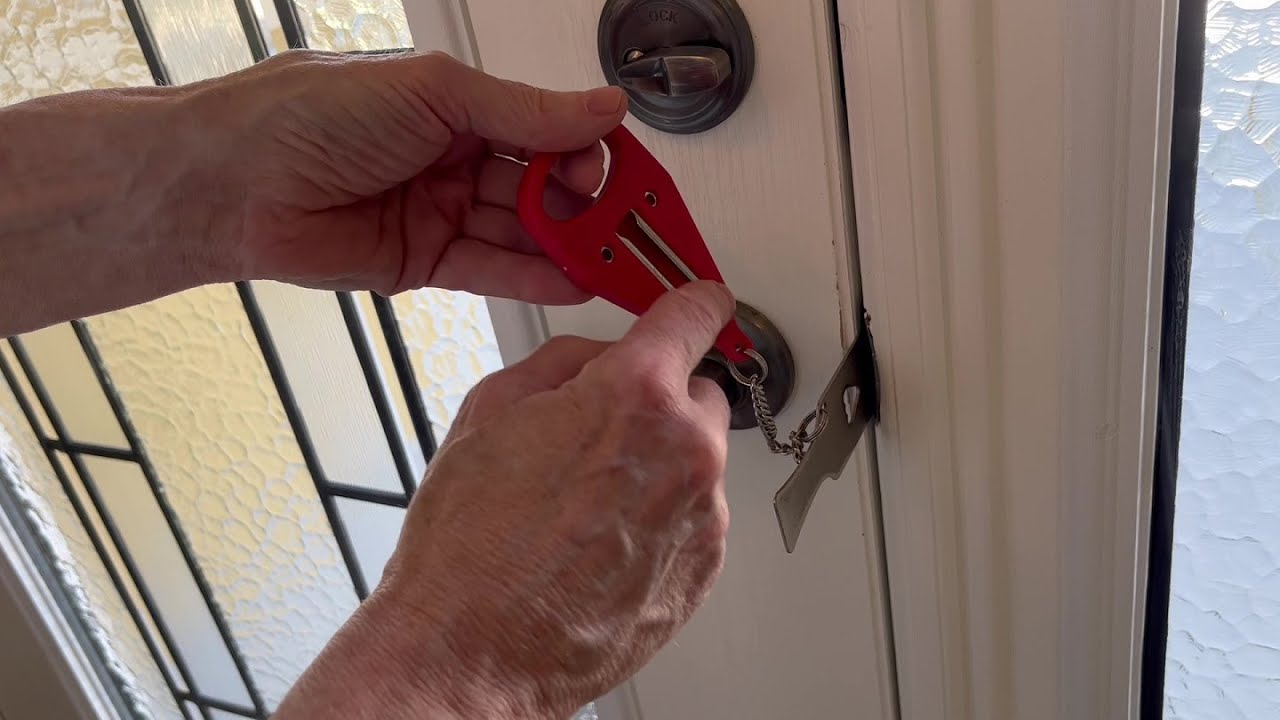

Security & Surveillance
How Does A Portable Door Lock Work
Modified: January 9, 2024
Learn how a portable door lock enhances your security and surveillance. Discover the working mechanism and benefits of using this innovative device. Protect your safety with a reliable portable door lock.
(Many of the links in this article redirect to a specific reviewed product. Your purchase of these products through affiliate links helps to generate commission for Storables.com, at no extra cost. Learn more)
Introduction
When it comes to ensuring personal safety and security, having the ability to secure a door effectively is of paramount importance. Portable door locks have emerged as a popular and versatile solution for enhancing security in various settings, from hotel rooms and rental properties to dormitories and temporary accommodations. These innovative devices provide an additional layer of protection, offering peace of mind and a sense of security in unfamiliar environments.
Portable door locks come in a variety of designs and styles, each offering unique features and benefits. Understanding how these locks work and their potential advantages and disadvantages is crucial for anyone seeking to bolster their security measures. In this comprehensive guide, we will explore the different types of portable door locks, delve into the mechanisms that enable their functionality, and weigh the pros and cons of using these convenient security tools. Whether you are a frequent traveler, a college student, or simply someone who prioritizes safety, this exploration of portable door locks will equip you with valuable insights to make informed decisions about your security needs.
Key Takeaways:
- Portable door locks provide extra security and peace of mind for travelers and renters without causing damage to doors. They are versatile, easy to install, and offer various options to suit different security needs.
- While portable door locks offer convenience and enhanced security, they may have limitations based on door types and installation. Understanding their mechanisms and considering their drawbacks can help individuals make informed security decisions.
Read more: How Does An Electronic Door Lock Work
Types of Portable Door Locks
Portable door locks are available in several variations, each designed to cater to specific security needs and preferences. Understanding the different types of portable door locks can help individuals select the most suitable option for their unique circumstances. Here are some common types of portable door locks:
- Travel Door Locks: These compact and lightweight locks are specifically designed for travelers. They are often adjustable to fit various door thicknesses and can be easily installed without the need for tools. Travel door locks typically utilize a mechanism that prevents the door from opening, providing an added layer of security in hotel rooms or temporary accommodations.
- Door Security Bars: Also known as door jammer bars, these devices are placed at the base of the door to prevent unauthorized entry. Door security bars are adjustable and can be used on different types of floors, making them versatile and effective for securing inward-opening doors.
- Door Handle Reinforcements: These portable locks are designed to reinforce the existing door hardware. They are often made of durable materials such as steel and can be easily attached to the door handle, adding an extra barrier against forced entry.
- Door Stop Alarms: Combining security and audible alerts, door stop alarms serve as both a door stopper and a motion-sensitive alarm. When activated, these locks emit a loud sound when the door is disturbed, alerting occupants and potentially deterring intruders.
- Temporary Door Locks: Ideal for renters and frequent travelers, temporary door locks are designed to be easily installed and removed without causing damage to the door or frame. They offer a quick and effective way to secure a door without relying on permanent fixtures.
Each type of portable door lock offers distinct features and advantages, catering to various security concerns and preferences. Understanding the specific functions and applications of these locks is essential for making an informed choice based on individual security needs.
How Portable Door Locks Work
Portable door locks employ a range of innovative mechanisms to provide effective security and peace of mind in diverse settings. Understanding how these locks work can shed light on their functionality and the level of protection they offer. Here’s an overview of the common mechanisms and principles behind the operation of portable door locks:
- Pressure and Friction: Many portable door locks rely on pressure and friction to secure a door. Travel door locks, for example, utilize adjustable mechanisms that create pressure against the door frame, impeding the door from being opened from the outside. This simple yet effective method provides a reliable barrier, especially in situations where traditional locking mechanisms may be inadequate.
- Reinforcement and Blocking: Door handle reinforcements and door security bars work by reinforcing the door’s structural integrity. Door handle reinforcements are typically attached to the handle and latch area, adding an extra layer of protection against forced entry. Similarly, door security bars are positioned at the base of the door, effectively blocking any attempts to push the door open from the outside.
- Alarm Activation: Some portable door locks are equipped with alarm features to enhance security. Door stop alarms, for instance, function as both a physical barrier and an audible alert system. When the door is disturbed, the alarm is triggered, emitting a loud sound to alert occupants and potentially deter intruders. This added layer of security provides peace of mind, especially in unfamiliar or high-risk environments.
- Quick Installation and Removal: Temporary door locks are designed for easy installation and removal without causing damage to the door or frame. These locks often utilize simple yet effective mechanisms that can be swiftly deployed, providing instant security and convenience without the need for permanent fixtures.
By employing these innovative mechanisms, portable door locks offer versatile and reliable security solutions for a wide range of scenarios. Whether traveling, staying in temporary accommodations, or seeking to reinforce existing security measures, the functionality of portable door locks provides an additional layer of protection and peace of mind.
A portable door lock typically works by attaching to the door and preventing the latch from retracting, providing an extra layer of security. It’s a simple and effective way to secure a door from the inside.
Advantages of Portable Door Locks
Portable door locks offer a myriad of advantages that cater to the diverse security needs of individuals in various situations. Understanding the benefits of these innovative security tools can help individuals make informed decisions about enhancing their personal safety. Here are some notable advantages of portable door locks:
- Enhanced Security: Portable door locks provide an additional layer of security, offering peace of mind in unfamiliar environments such as hotel rooms, rental properties, or temporary accommodations. By reinforcing existing door hardware or creating a physical barrier, these locks help deter unauthorized entry and enhance personal safety.
- Portability and Convenience: As the name suggests, portable door locks are designed for ease of use and convenience. Their compact and lightweight nature makes them ideal for travelers, renters, and individuals who frequently move between different locations. The ability to easily install and remove these locks without causing damage to the door or frame adds to their practicality and portability.
- Versatility: With various types and designs available, portable door locks offer versatility to cater to different door configurations and security preferences. Whether it’s a travel door lock, door security bar, or temporary lock, individuals can choose the most suitable option based on their specific needs, providing tailored security solutions for a wide range of scenarios.
- Non-Permanent Installation: Temporary door locks and other portable security devices can be installed and removed without the need for permanent alterations to the door or frame. This flexibility is particularly beneficial for renters and travelers who may not have the authorization or desire to install permanent fixtures, allowing them to enhance security without compromising the property.
- Peace of Mind: The presence of a portable door lock can instill a sense of security and control, especially in situations where individuals may feel vulnerable or exposed. Knowing that there is an additional security measure in place can contribute to a greater sense of peace of mind, promoting a feeling of safety and well-being.
These advantages collectively make portable door locks a valuable addition to personal security measures, offering practicality, versatility, and peace of mind in various living and travel scenarios.
Disadvantages of Portable Door Locks
While portable door locks offer valuable security benefits, it’s important to consider their potential drawbacks to make informed decisions about their usage. Understanding the limitations and disadvantages of these security tools can help individuals assess their suitability for specific circumstances. Here are some notable disadvantages of portable door locks:
- Dependence on Door Design: The effectiveness of portable door locks can be influenced by the design and construction of the door and frame. In some cases, certain door configurations may not be compatible with specific types of portable locks, potentially limiting their usability and reliability.
- Reliance on User Installation: Proper installation and positioning of portable door locks are crucial for their effectiveness. Users must ensure that these locks are correctly installed and adjusted to provide the intended level of security. Inexperienced or improper installation can compromise the functionality of the locks, leading to potential security vulnerabilities.
- Limited Resistance to Forced Entry: While portable door locks offer an additional layer of security, they may have limitations in withstanding determined forced entry attempts. In high-risk scenarios or against particularly aggressive intrusion efforts, the portable nature of these locks may result in reduced resistance compared to permanent, heavy-duty security measures.
- Audible Alarms and Disturbance: Some portable door locks equipped with alarm features may inadvertently cause disturbances in shared living spaces or hotel environments. Accidental activation of the alarms or sensitivity to minor movements can lead to noise disruptions, potentially affecting other occupants or drawing unnecessary attention.
- Not Suitable for All Door Types: Certain types of doors, such as sliding doors or non-standard configurations, may not be compatible with traditional portable door locks. This limitation can restrict the applicability of these locks in specific settings, requiring alternative security solutions for diverse door designs.
While acknowledging these disadvantages, it’s important to note that portable door locks remain a valuable and practical security option in many situations. Understanding their limitations can guide individuals in making informed choices and implementing supplementary security measures when necessary.
Read more: How Does A Garage Door Lock Work
Conclusion
Portable door locks serve as versatile and practical solutions for enhancing personal security in a variety of settings. Their ability to provide an additional layer of protection, convenience, and peace of mind makes them valuable tools for travelers, renters, and individuals seeking to bolster their security measures. By understanding the different types of portable door locks, their mechanisms, and the advantages and disadvantages they offer, individuals can make informed decisions about integrating these security devices into their living and travel arrangements.
While portable door locks may have limitations in certain scenarios, their portability, ease of installation, and versatility make them valuable additions to personal security measures. From travel door locks and door security bars to temporary locks and alarm-equipped devices, the diverse options available cater to a wide range of security needs and preferences.
Ultimately, the effectiveness of portable door locks hinges on their proper installation, compatibility with the door and frame, and consideration of their limitations. When utilized in conjunction with other security practices, such as situational awareness and communication with accommodation providers, portable door locks can significantly contribute to a heightened sense of security and control in various living and travel environments.
By weighing the advantages and disadvantages of portable door locks and understanding their mechanisms, individuals can make informed choices to safeguard their well-being and peace of mind. Whether used as standalone security measures or as supplementary additions to existing door hardware, portable door locks exemplify the practical fusion of convenience and enhanced security, offering valuable solutions for modern living and travel needs.
Frequently Asked Questions about How Does A Portable Door Lock Work
Was this page helpful?
At Storables.com, we guarantee accurate and reliable information. Our content, validated by Expert Board Contributors, is crafted following stringent Editorial Policies. We're committed to providing you with well-researched, expert-backed insights for all your informational needs.
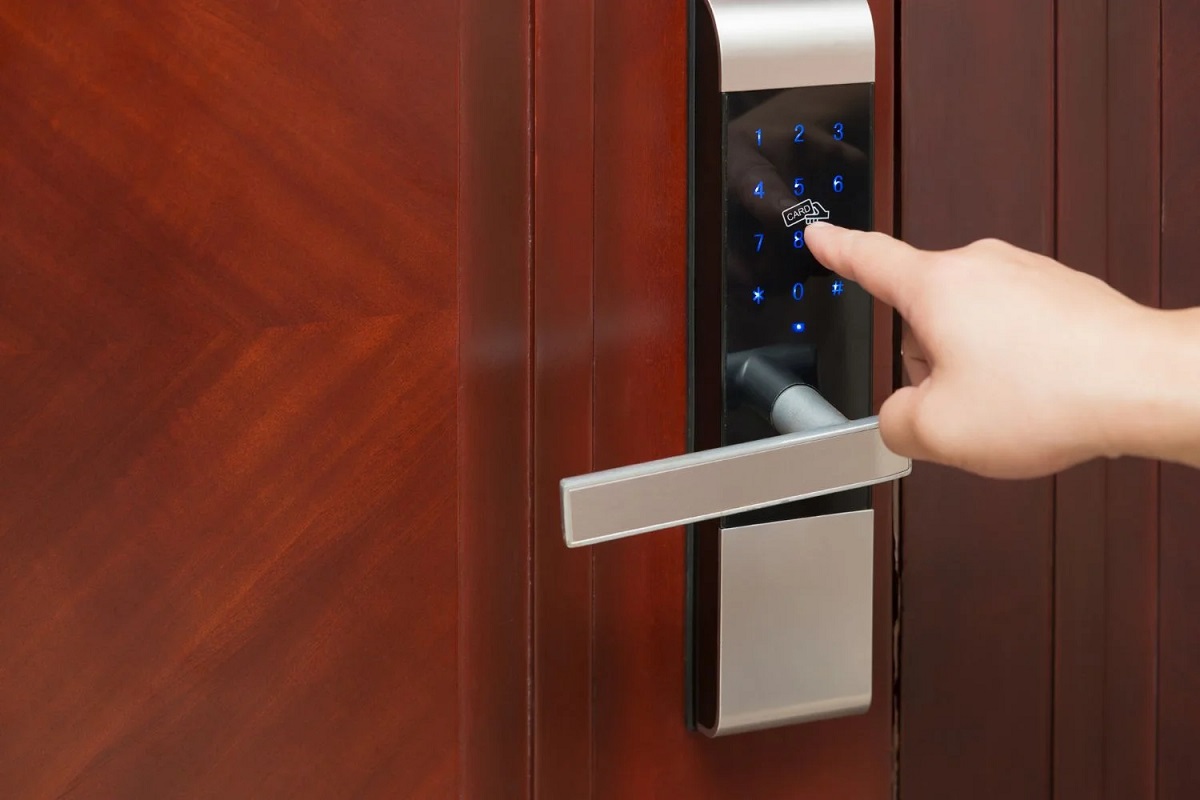
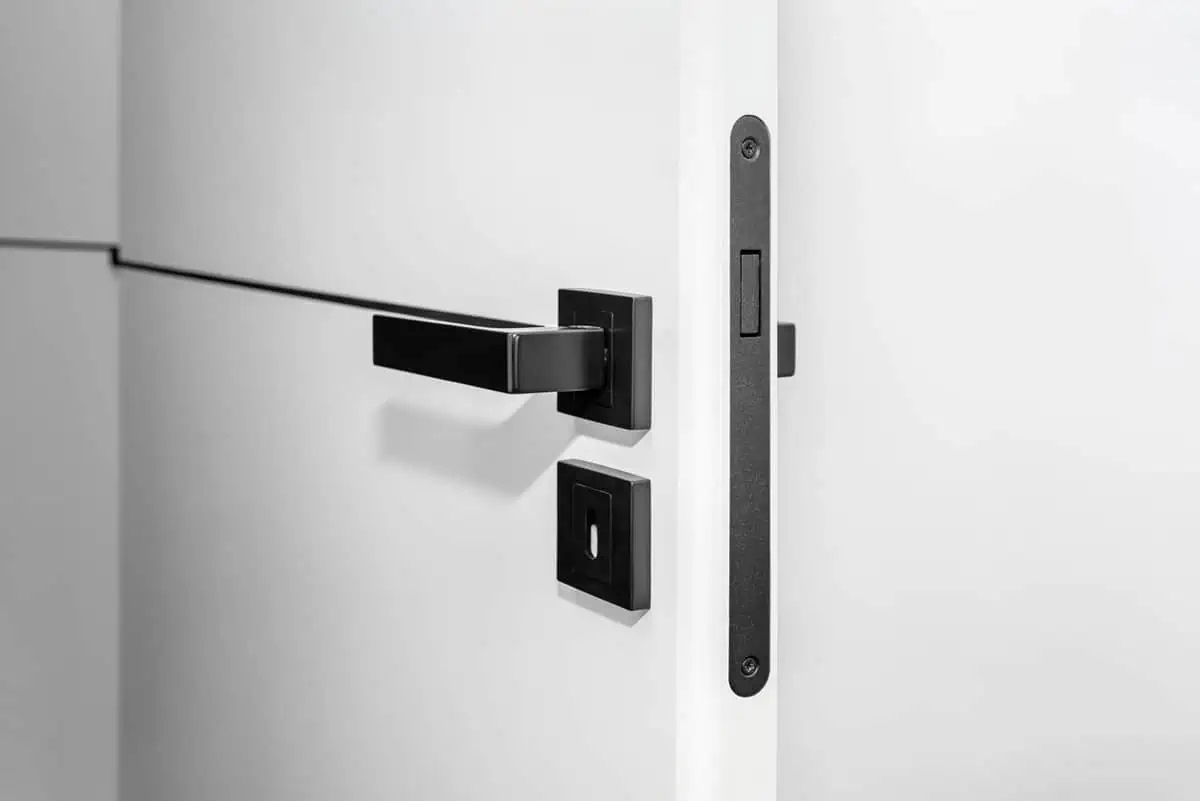
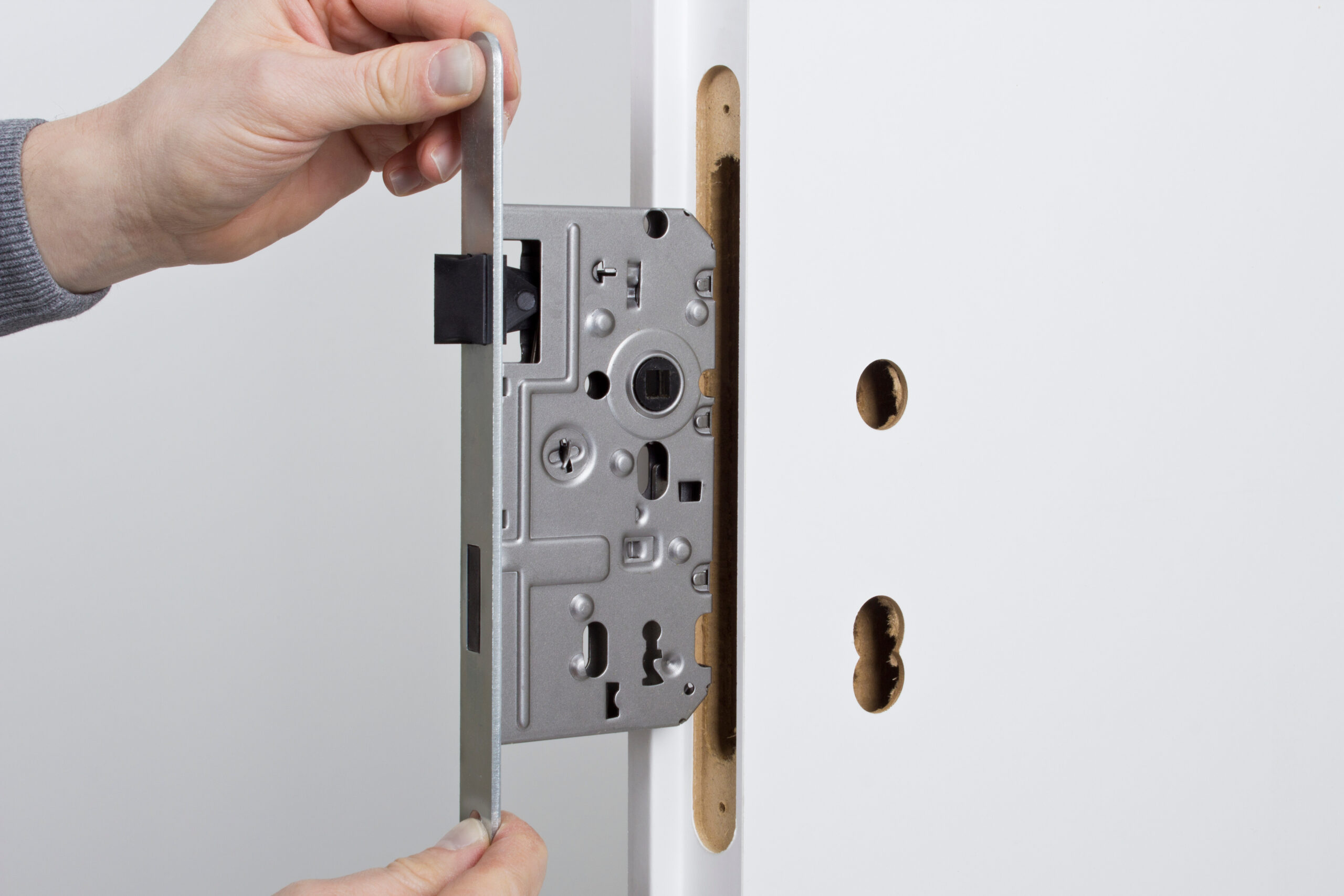
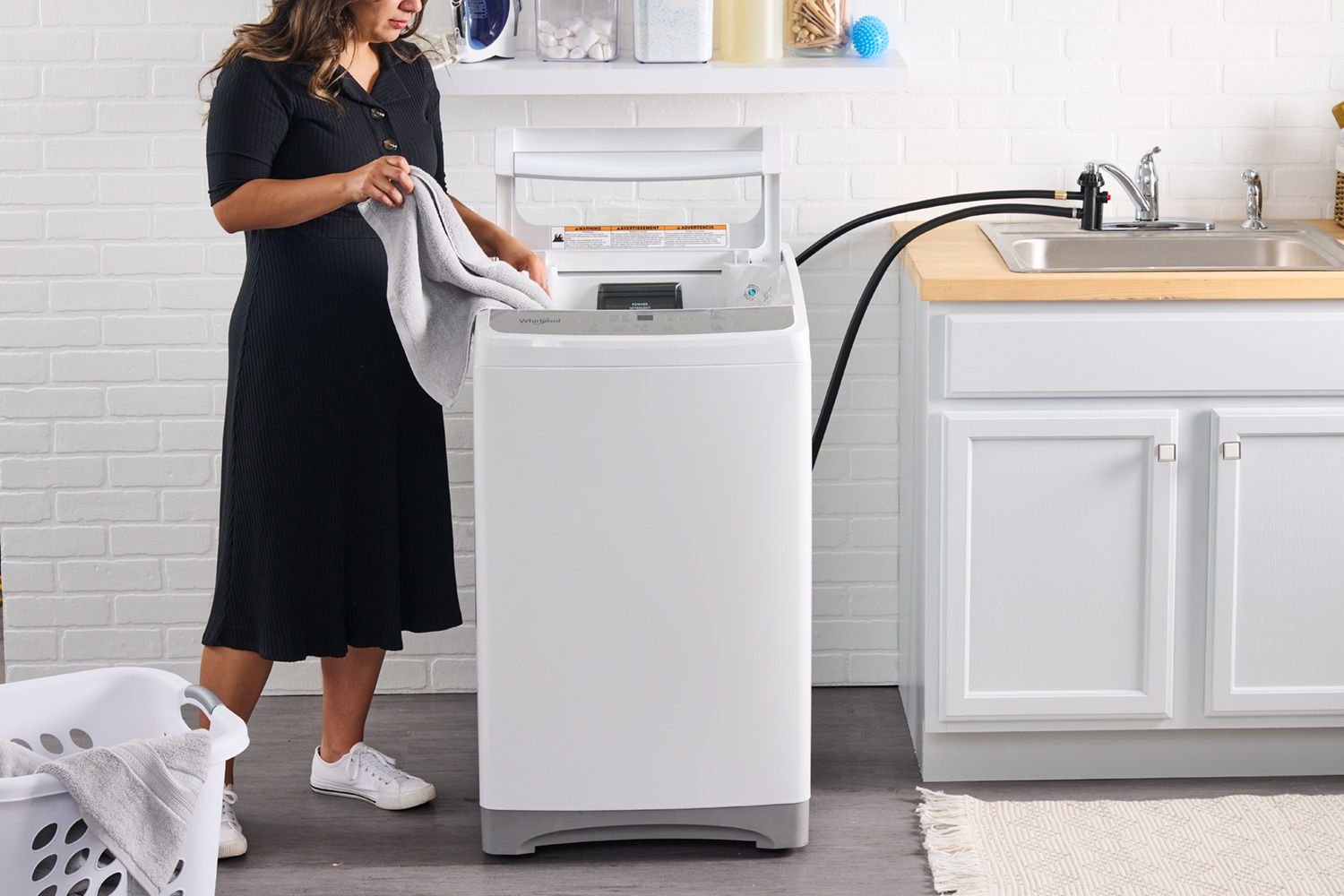
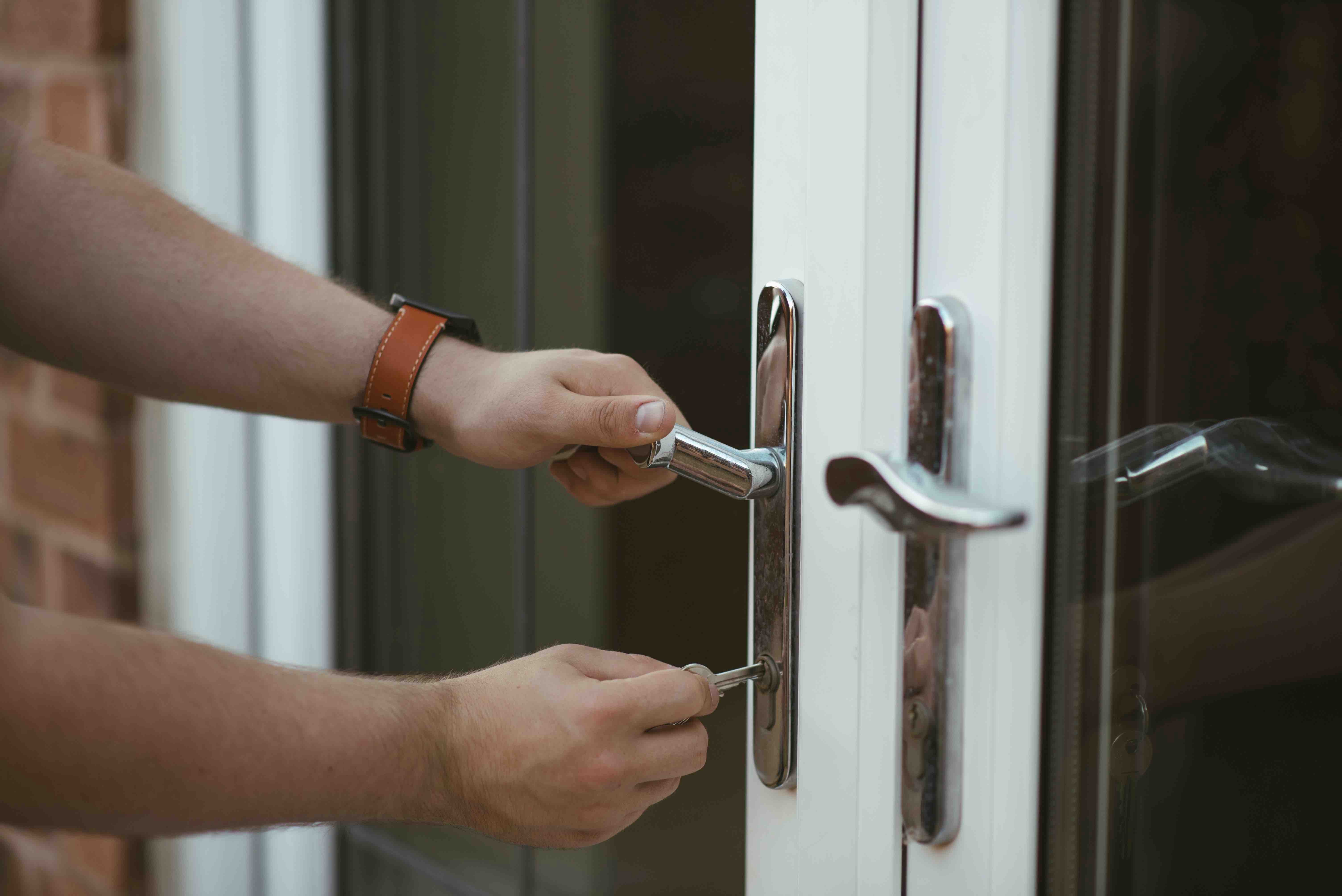
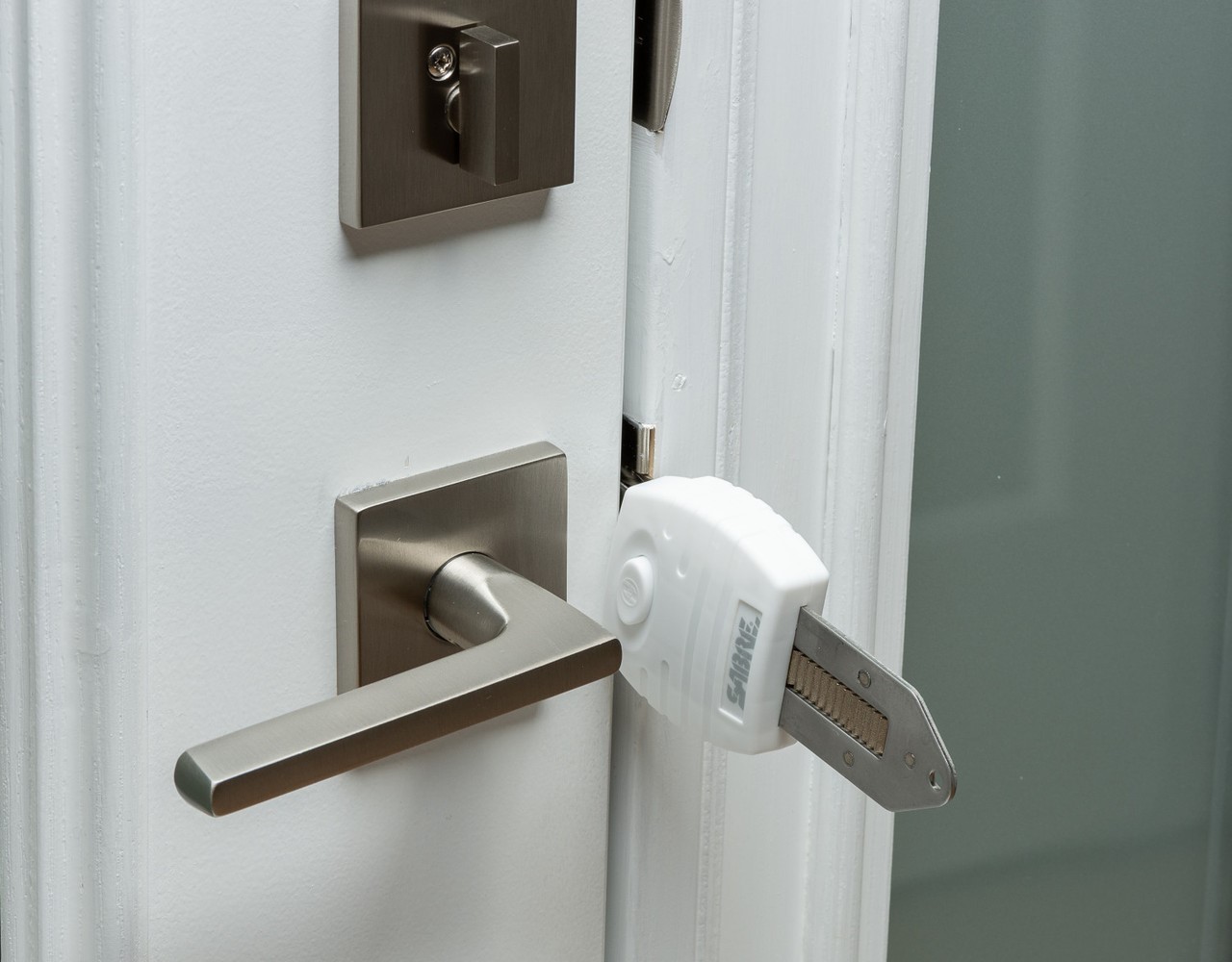

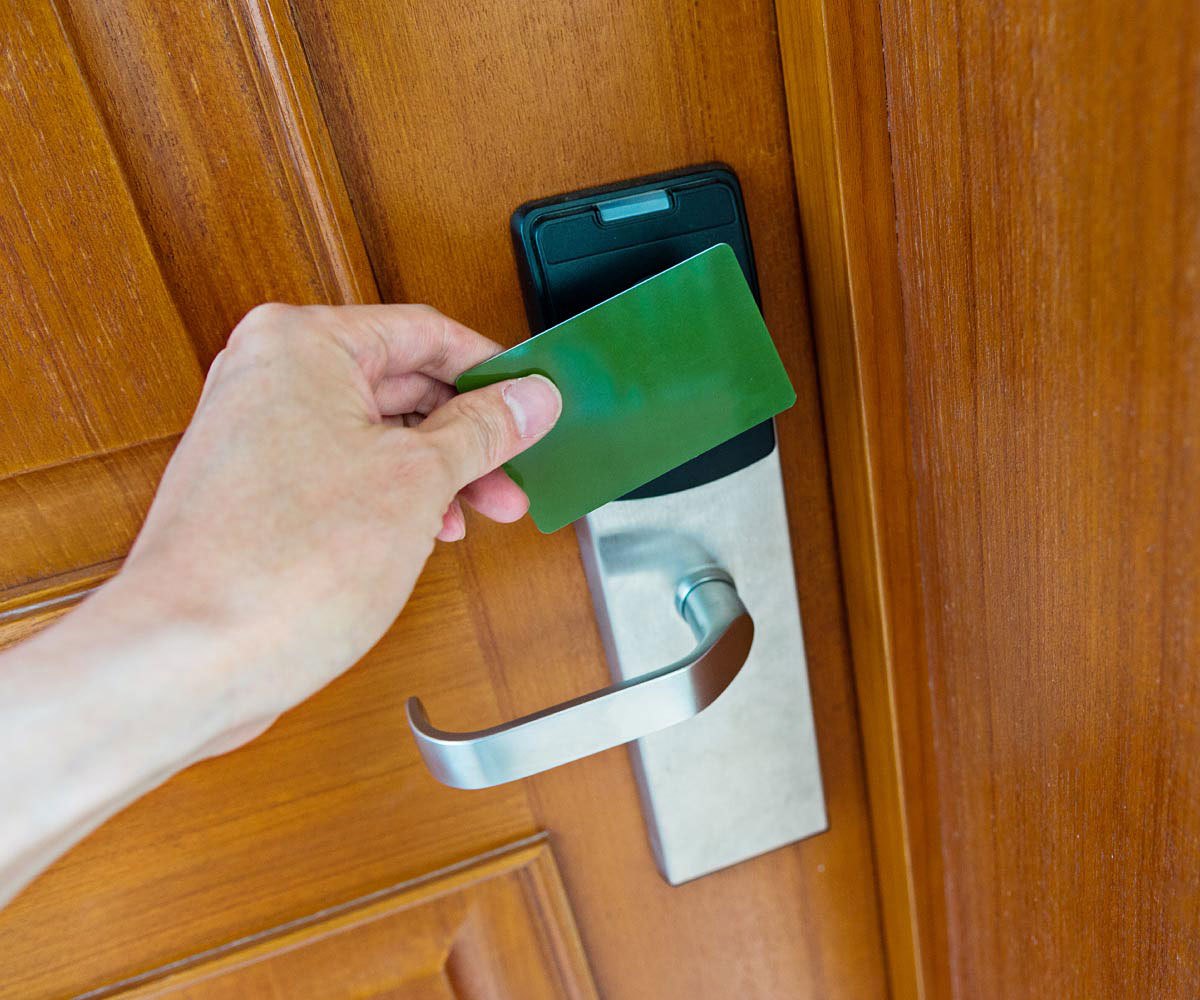
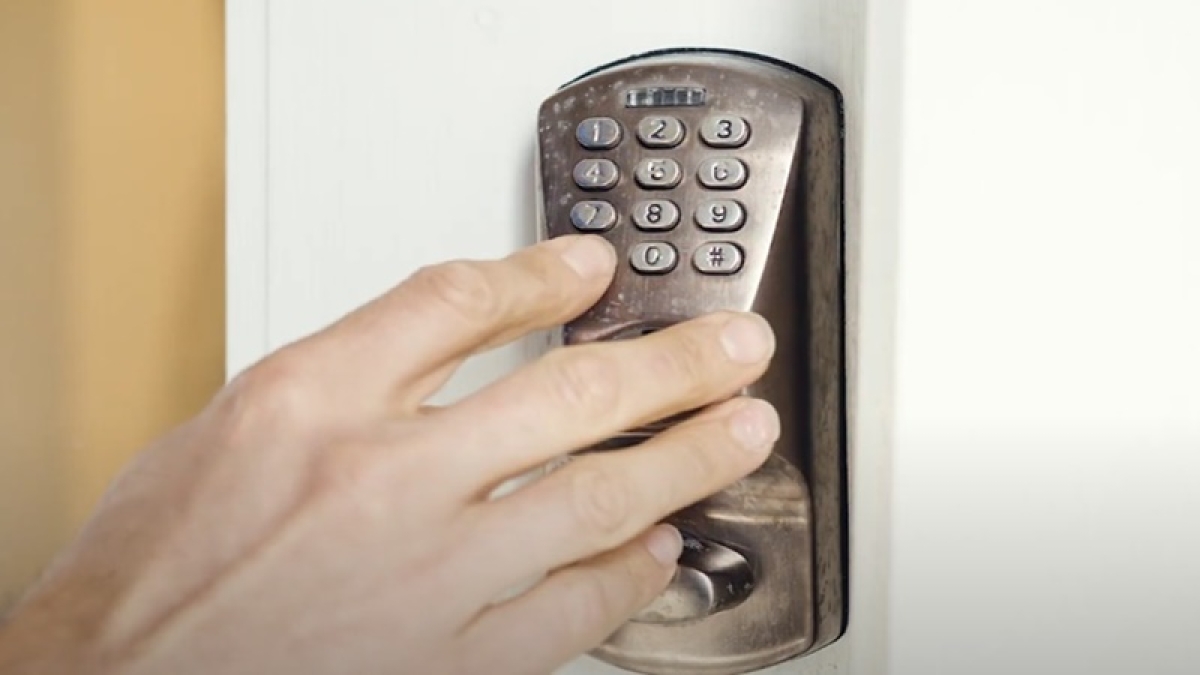
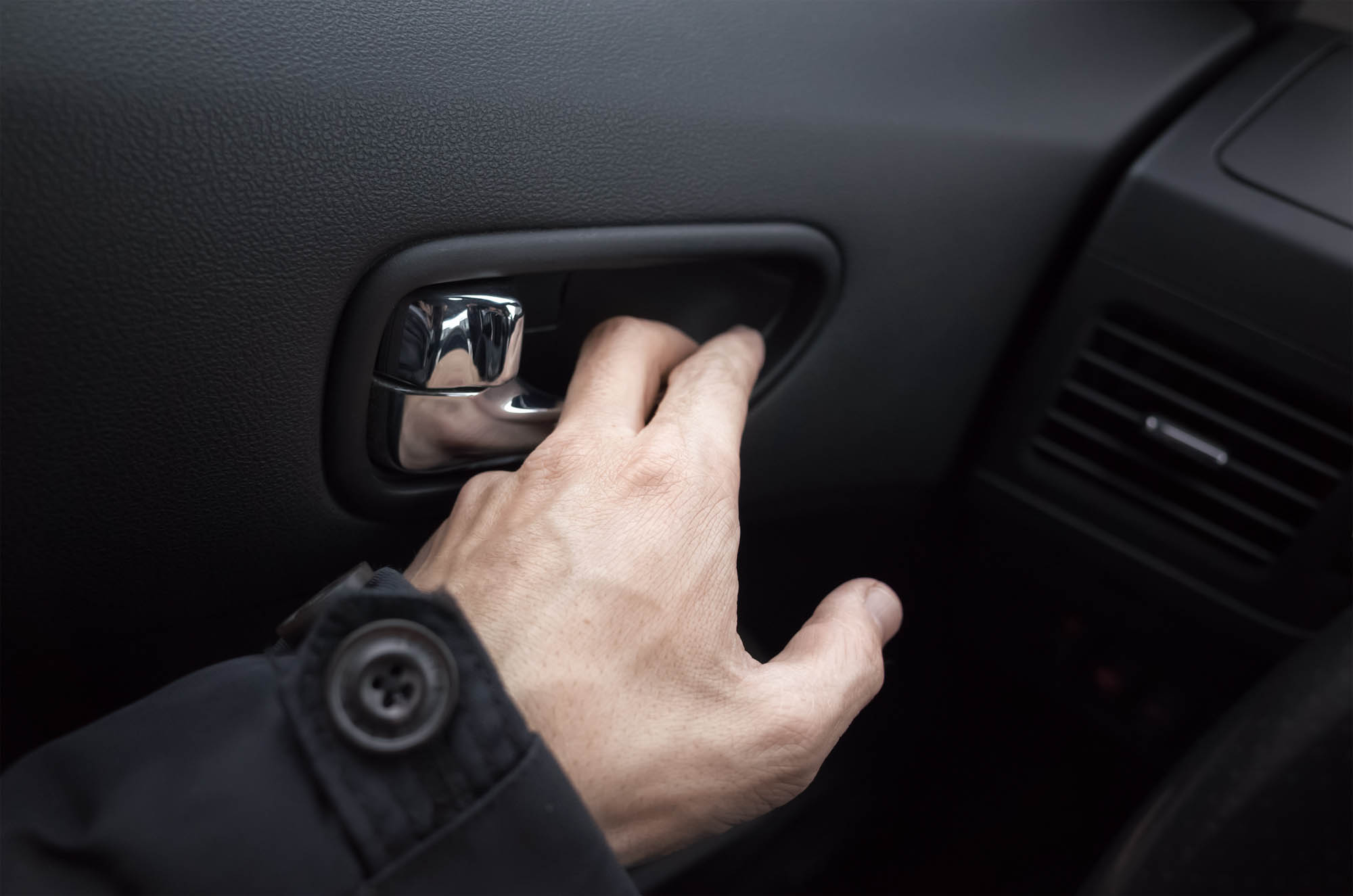

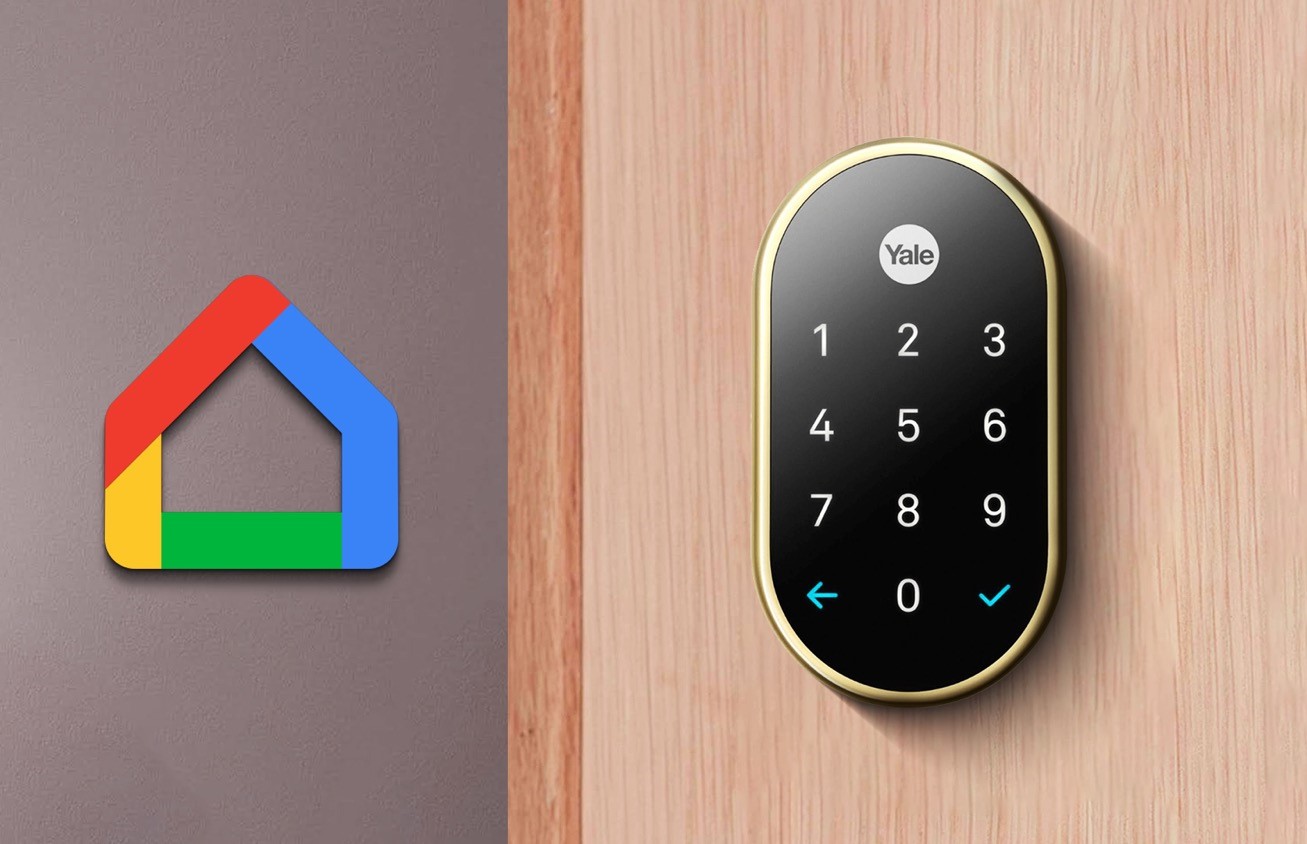
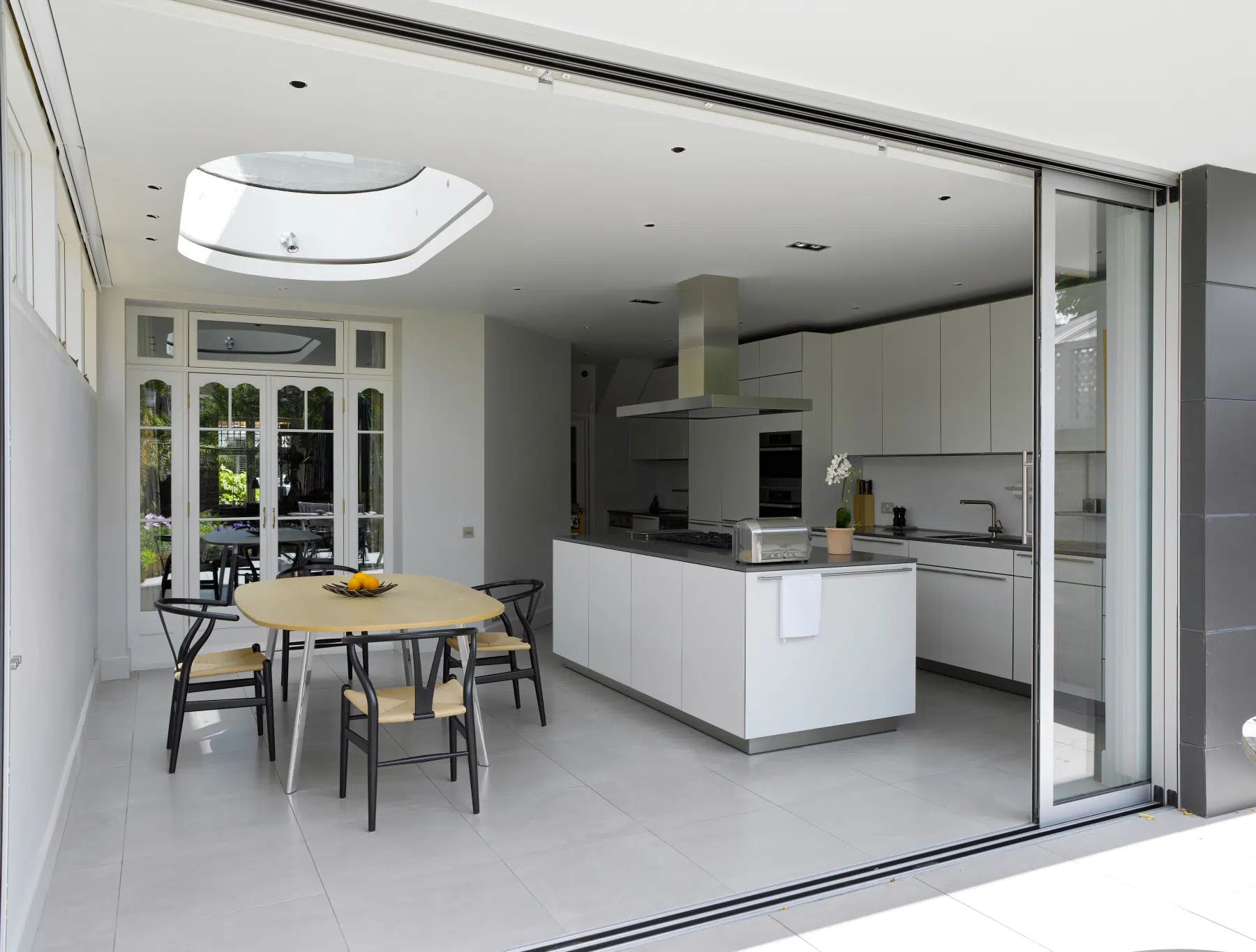
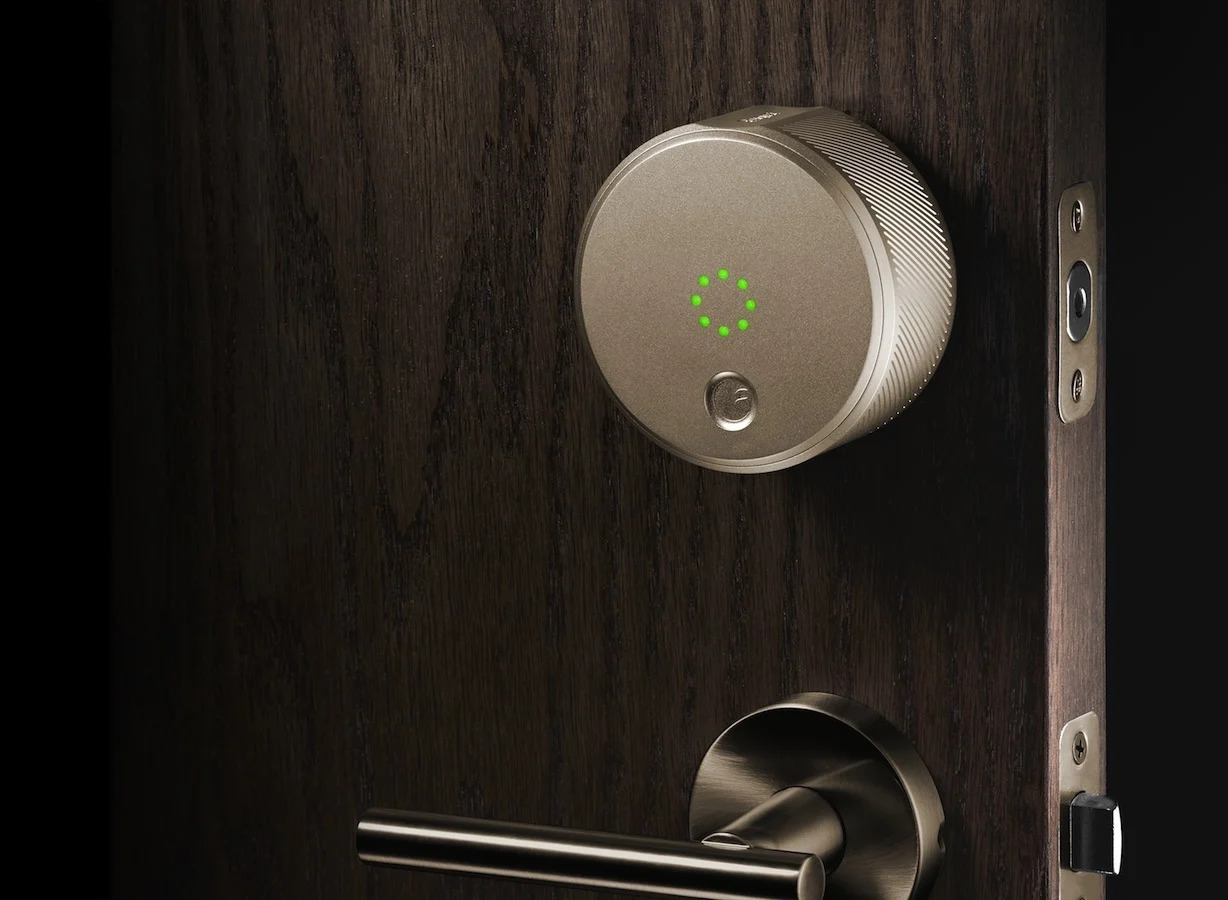

0 thoughts on “How Does A Portable Door Lock Work”